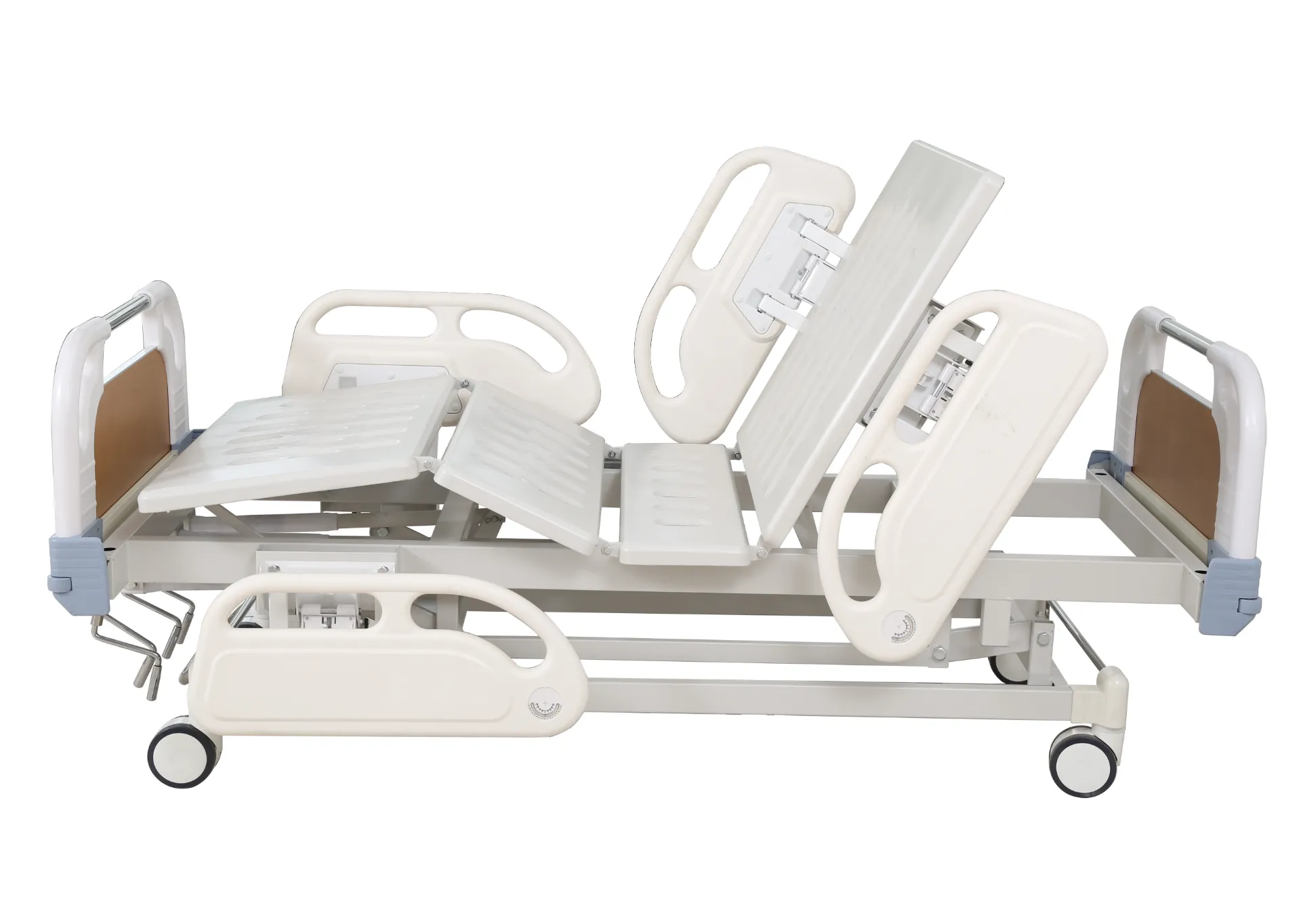Welcome to our websites!
pediatric rollator
Exploring the Benefits of Pediatric Rollators for Children with Mobility Challenges
Pediatric rollators, specially designed mobility aids, play a crucial role in enhancing the independence and mobility of children with physical challenges. These innovative assistive devices offer a range of benefits tailored to meet the needs of young users, ensuring they can engage more fully in daily activities, social interactions, and physical exercise.
One of the primary advantages of pediatric rollators is that they promote independence. Many children with mobility issues may feel limited in their ability to move around and participate in activities with their peers. With the support of a rollator, they can navigate their environment more freely and confidently. This independence is invaluable, fostering a sense of self-reliance and boosting self-esteem as children learn to use their rollators effectively.
Furthermore, pediatric rollators are designed with safety and stability in mind. Many models come equipped with features such as adjustable heights, sturdy frames, and often, padded grips that ensure comfort during use. Some rollators also include built-in brakes for added safety, allowing children to stop easily when needed. This combination of safety features helps caregivers feel reassured, knowing that their child has reliable support while navigating various terrains.
pediatric rollator

In addition to providing mobility support, pediatric rollators encourage physical activity. Regular movement is crucial for children's overall health, and rollators make it easier for kids to stay active. Whether it's participating in outdoor games or simply moving around the house, these devices aid in building muscle strength and coordination. Active children are more likely to lead healthier lives, reducing the risk of secondary health issues associated with inactivity.
Social interaction is another vital aspect of childhood development, and pediatric rollators can facilitate this. Equipped with features that assist with balance and movement, children can more easily join their friends in activities, whether at school, at the park, or during family outings. This participation not only enhances their physical abilities but also strengthens their social skills and relationships.
In conclusion, pediatric rollators serve as essential tools that empower children with mobility challenges. They promote independence, ensure safety, encourage physical activity, and enhance social interaction. By investing in a pediatric rollator, caregivers can significantly improve a child’s quality of life, enabling them to explore their world with confidence and joy. Through these supports, children can thrive, fostering a sense of belonging and capabilities in their developmental journey.
-
Transforming Healthcare with Hospital FurnitureNewsJun.24,2025
-
Rehabilitation EquipmentNewsJun.24,2025
-
Mobility and Independence with WheelchairsNewsJun.24,2025
-
Freedom of Mobility with Our Rollator WalkersNewsJun.24,2025
-
Comfort and Independence with Commode ChairsNewsJun.24,2025
-
Bathing Safety and Independence with Shower ChairsNewsJun.24,2025
-
Navigating the Wholesale Landscape of Electric Mobility Solutions: Key Considerations for Power Wheelchair DealersNewsJun.10,2025











